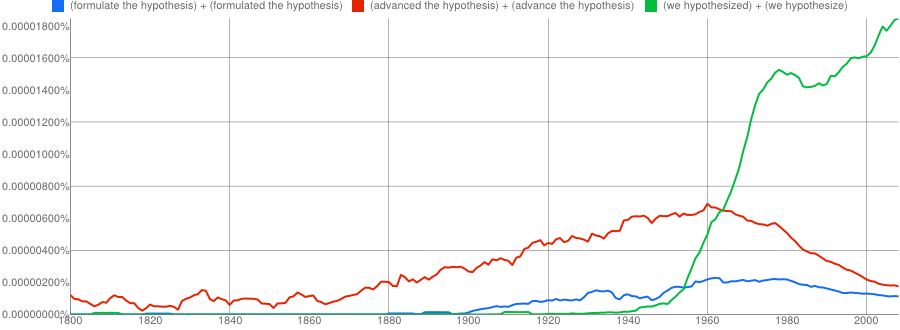What is the most appropriate verb when talking about making a new hypothesis? E.g.
Lenneburg created the critical period hypothesis.
Lenneburg coined the critical period hypothesis.
Lenneburg came up with the critical period hypothesis.
Lenneburg termed the critical period hypothesis.
...etc. I don't know which sounds the most appropriate.

